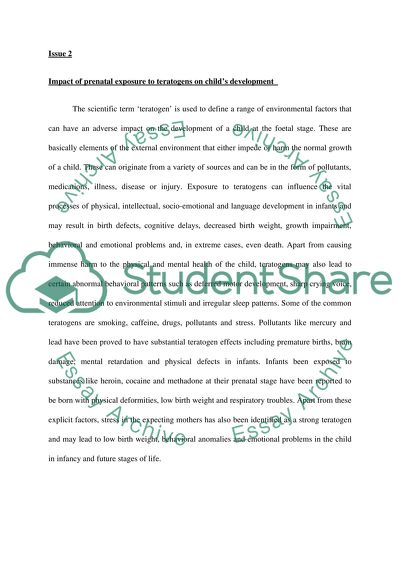Discussion Assignment Example | Topics and Well Written Essays - 500 words - 1. Retrieved from https://studentshare.org/psychology/1650991-discussion-assignment
Discussion Assignment Example | Topics and Well Written Essays - 500 Words - 1. https://studentshare.org/psychology/1650991-discussion-assignment.


